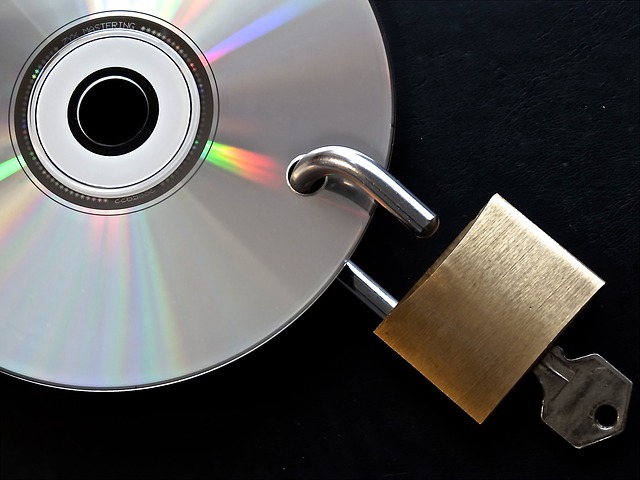The tide is turning on revenge pornographers, “purveyors of sexually explicit media that is publicly shared online without the consent of the pictured individual”. In almost any public context on the internet, most Americans are almost unanimous in condemning the nature of the privacy violations behind revenge porn. Liberals who want the concept of consent front and center in any contemporary debate about sex have also lead the conversation about privacy debates and can easily get on board with the support for the overwhelmingly female victims of revenge porn. Conservatives could seize not only a new opportunity to regulate porn in a way that reaches across the aisle but chance to condemn an aspect of pornography. “Revenge porn mogul” might be the least likeable role the internet age has to offer and now it is poised to become one that marks the transition to the second generation raised on the internet. It’s a crime for the ages. Like a lot of what happens online, it’s being punished, legislated, debated, rising and hopefully falling – all within a generation.
Hunter Moore recently plead guilty to hacking charges and ultimately will be punished for a felony conspiracy to hack email accounts to access nude or pornographic pictures. Is there anyone supporting these revenge porn sites without acknowledging it as a vice? Any open supporters? How did revenge porn, something so universally frowned on, become a profitable business for multiple sites and their administrators? First of all, there is an audience for it. Pornography in general is a successful and diverse media industry but that industry is home to several active arguments. These arguments have fluctuating dynamics as the cultural contexts and tastes morph over time. When nudes are leaked or revenge porn is uploaded crucial aspects of other porn-related debates are accented. Aspects like: how consent is portrayed, how publishing rights are managed and protected, and how regular pornography use affects the human psyche. The number of porn watchers is so high the revenge sites were able to stay in business despite public outcry and condemnation.
Is revenge pornography going to persist despite the first steps toward a coming prohibition? Is there a coming prohibition? Will prohibition work?
What is the nature of the post-modern privacy debate? How much privacy can we guarantee ourselves under the current system, and how can we protect it? How is our right to privacy defined the evolving light of interactive media, smart devices, ubiquitous cameras and social media? How can one most effectively respond to privacy violations in the contemporary context?
A changing political landscape ahead for the privacy debate. Will the call for information transparency eventually prove to be a strong counter argument against individual privacy? If corporations, government workers, military entities and criminals outside the reach of current law enforcement are to be held accountable their privacy must be violated. The vocabulary changes and people begin to talk about security and the individual is actually tasked with protecting not only his or her own personal secrets but to sacrifice informational privacy for the sake of the group or entity’s security. People can feel threatened and become intimidated into complacency or even become complicit in information-related crimes. The material is vast and the precedent has yet to be set leaving employees subject to situations where the law has yet to be written, and a social doctrine isn’t yet forged.
Read more about the current state of the internet at:
World Cyberwar: Six Internet News Stories in 2015 Blur the Line Between Sci Fi and Reality
|
Jonathan Howard
Jonathan is a freelance writer living in Brooklyn, NY |



